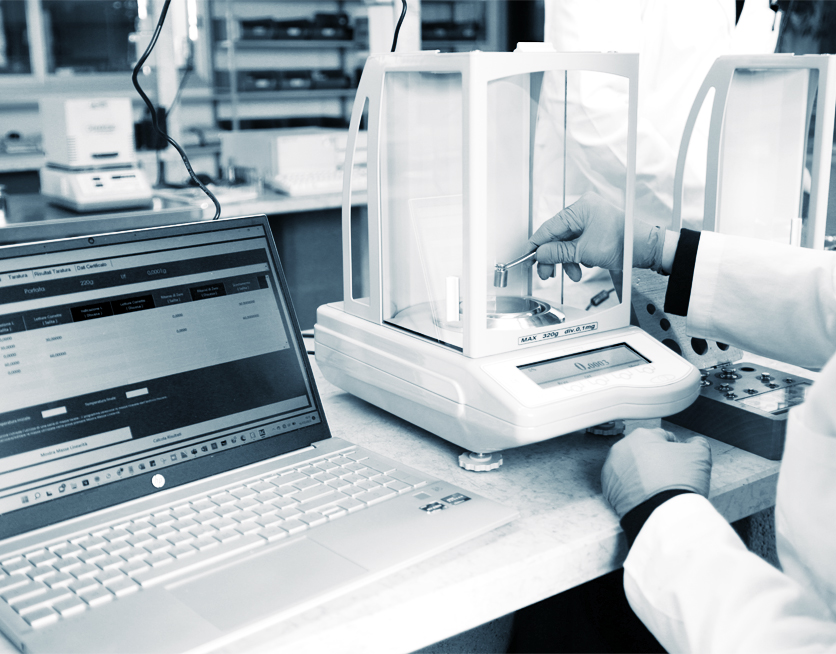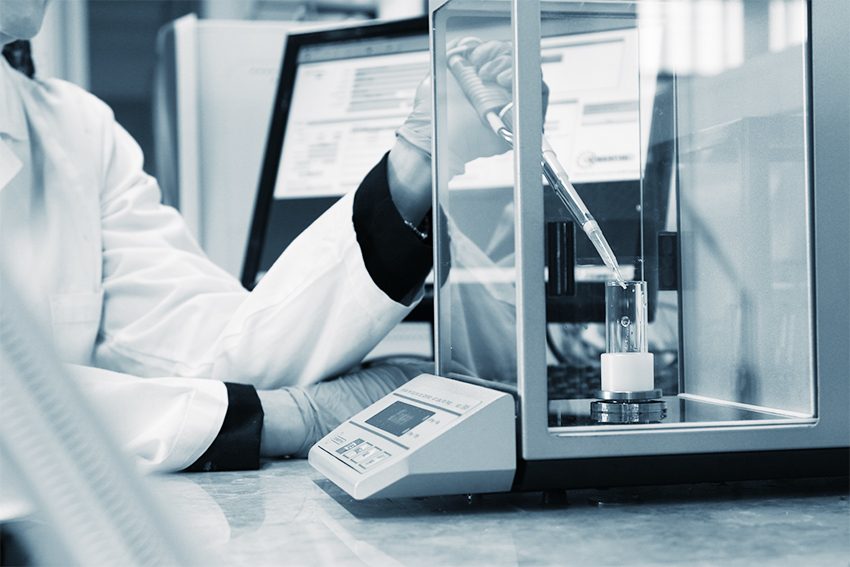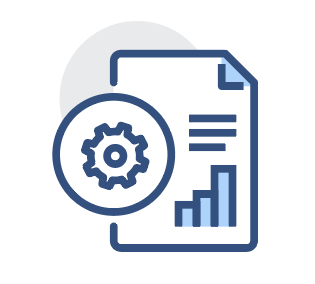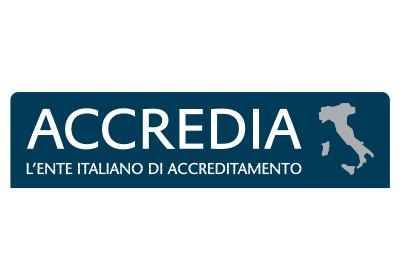“The activity of a calibration laboratory consists in carrying out calibrations both within its own suitable premises and externally at customers. The calibrations ensure metrological traceability over time to national or international samples of instruments and samples and are performed through the use of appropriate instrumentation and by technically competent personnel."ACCREDIA
Accredia calibration center for :
ACCREDIA
Accreditation is based on the international standard ISO / IEC 17025 . In the European Union, regulation 765/2008 requires each member state to appoint its own accreditation body. In Italy, the single body designated by the government is ACCREDIA
SAFETY
Accreditation helps to increase business confidence in the products and services offered. The customer can trust the certified products and services , because they meet restricted quality and safety requirements, and reduce the associated risks.
RELIABILITY
Accreditation is a competence qualification, independence and impartiality of the calibration laboratory. Accreditation gives calibration certificates a high degree of reliability in terms of quality and safety of the instruments subjected to calibration, and guarantees their recognition on international markets.
WARRANTY
Accredited laboratories are equipped with reference standards, which are given the task of carrying out calibrations, issuing the calibration certificate. The LAT centers are connected through the EA (European Accreditation) to many European and world centers with mutual recognition.
The LAT Calibration Center
The LAT calibration service is carried out according to criteria established at an international level in order to allow mutual recognition at an international level and is authorized to operate within a given measuring range specified in its accreditation certificate which can be consulted on the ACCREDIA website.
Scales Calibration up to 30kg
The certificate must be carefully stored as part of the laboratory quality documents and may be requested during a quality inspection.

Each calibration, carried out by qualified technicians, is accompanied by a "Calibration Certificate" in which the results obtained are reported and includes:
| Operating Procedure |
|---|
| Visual and functional check: instrument integrity |
| Tests of Zero |
| Linearity |
| Eccentricity |
| Repeatability |
| Calibration results: Standard Deviation |
| Calibration results: Offset Error |
| Calibration results: Uncertainty |
| Calibration results: Relative uncertainty |
| Conformity Certificate : Specific declaration of conformity |
| Minimum Weight Certificate : Process Accuracy, Safety Factor |
The ACCREDIA LAT Calibration Certificate issued by Gibertini is an official document, bearing the ACCREDIA logo, which determines the link between the instrument being calibrated and the samples used through measurement systems, procedures and standards officially recognized and enabled to guarantee metrological traceability to the samples. national and international.
The Certificate shows all the identifying elements of the instrument being calibrated, the procedures used, the references of the Primary Samples Certificates that guarantee the traceability chain of the Center, the environmental and calibration conditions, the measurement results complete with deviations from the values of calibration of the samples and the respective extended uncertainties.
Micropipettes calibration according to ISO 17025

The multi-brand calibration service offered by Gibertini accredited laboratory allows the micropipettes to comply with the standards required by the regulations ISO, GMP/GLP.
Each Calibration, carried out by qualified technicians, is accompanied by a "Calibration Certificate" in which the results obtained are reported and includes:
| Operating Procedure |
|---|
| Visual and functional check: instrument integrity |
| Measurement performed on 3 points (variable volume) |
| Certificate of conformity ISO 8655 |
LAT calibration service: what it is and how it is done
The calibration service is necessary to maintain the efficiency of the measuring instruments and the standards of the production processes and to pass the internal audits of the company. Thanks to the calibration of the instruments it is possible to highlight any errors and deviations and then adjust or calibrate the instrumentation avoiding waste or rework.
All measuring devices require life time constant verification:
New instrument: after packaging, shipping and installation, the instrument may not guarantee the accuracy levels declared by the manufacturer; it is advisable to carry out a first calibration in which the new instrument provides us with the parameters to evaluate future performances.
Periodic calibration: To ensure efficiency, accuracy and guarantee the quality standards of the company's processes, it is necessary to perform periodic calibrations on the measuring instruments.

Why choose a LAT calibration?
In Food, Automotive, Aerospace or Medical Industries where the wrong result of a measurement can have serious consequences in economic and safety terms, quality system standards are widespread (for example BRC, IFS ) which include very stringent requirements regarding the metrological traceability of measurements. In these case a LAT calibration certificate represents scientific evidence capable of guaranteeing compliance with regulatory requirements otherwise the evidence provided to guarantee the quality of the measurements could not be accepted by your customer.
LAT certificate supports:
Complaints from customers or control bodies / authorities
Companies subject to qualification / audit procedures by large suppliers


